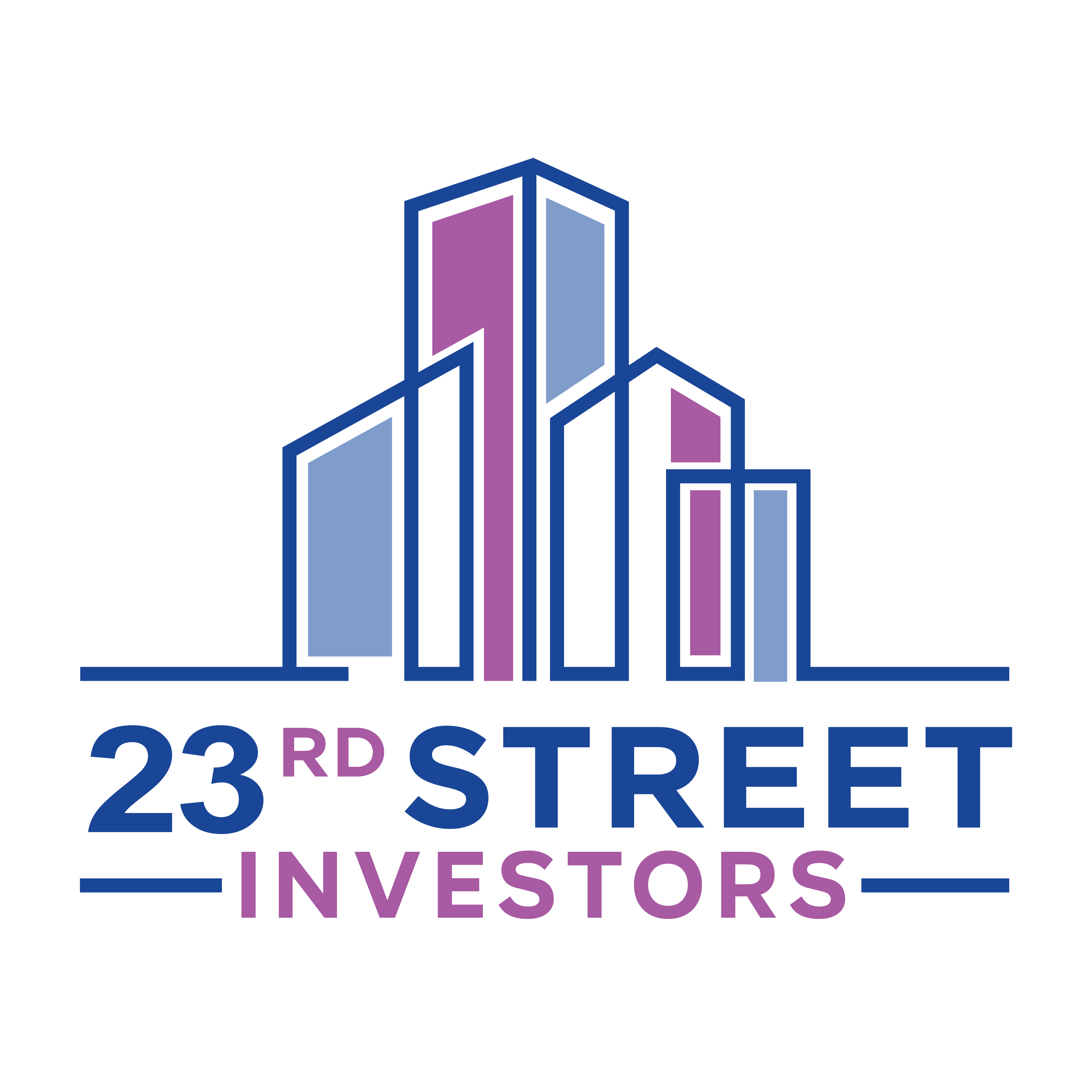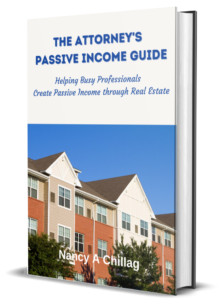Most people who grew up in a working middle-class family were taught early on to get an education, find a steady salaried job, and save money for retirement.
School didn’t help either. Rarely do schools teach about finance, savings options and investment strategies. If one goes to college, they can learn these things, but only if they are a business major or they voluntarily take a business class. If you really want to learn about personal finances and how to get ahead in this world you need to create your own education and you have to be dedicated toward thinking outside the box.
Five high-level concepts can positively alter your ability to generate wealth quickly and efficiently if implemented with timeliness and dedication. These may seem simple, but each one requires attention to detail for (possibly) years at a time before mastery. Are you getting excited yet?
Let’s dive in!
Money Management in Four Steps
A fantastic view of the high-level cash flow journey is to break it down into “four pillars,” as M.C. Laubscher from Cashflow Ninja calls it. Cash creation, cash capture, cashflow creation, and cash control are the four pillars he’s taught to his faithful followers for years.
In the first stage, Cash Creation, your role is to create money. You venture out on your own, obtain a degree, land a salaried position at a stable company, develop connections with industry peers and seniority, start your own business, find a mentor, and hustle toward bonuses and raises. The cash creation stage is the foundation of all the other steps. The key is not to get stuck there for 40 years, like most of the US population!
Next, we have Cash Capture, and in this stage, you create a buffer between how much you bring home and how much you spend. You likely succeed at this by budgeting and saving as much take-home income as possible. The difference between your income and your spending is where you capture cash and use it to fund your investments, purchases of appreciating assets, and your private banking strategy (I’ll explain this in a little bit.).
Once you have emergency funds and other savings in place, have a grip on your budget, and are consistently capturing cash, you move on to the cashflow creation stage.
Take notice of the name: Cashflow Creation – There’s a big difference from the first stage of working for cash. In this third stage, you learn how to use the money you’ve saved and the relationships you’ve nurtured to invest, generate additional cash flow, earn interest, and create income independent from your day job.
Typically, people in this third stage actively seek investment opportunities, including insurance policies, stocks, REITs, bonds, residential real estate, and commercial real estate syndication opportunities.
Next isn’t really the final resting point, but more of an ongoing focus to protect and tweak your financial strategy for the best. Cash Control involves creating a will, pursuing estate planning, maintaining life and disability insurance policies, and ensuring your finances are set up for longevity. You didn’t learn this stuff in school, so it’s up to you to intentionally learn and refine your financial plan toward protecting your assets from creditors, taxes, and lawsuits and providing a legacy for your loved ones.
I’m sure you’ve heard the phrase “making your money work as hard as possible” thrown around, and in a nutshell, intentional action throughout each of these stages will do precisely that!
Private Banking Strategy
The next high-level concept I’d like to share also called “becoming your own bank” and “infinite banking strategy,” is where you use a carefully drafted whole life insurance policy to become your own lender, borrower, and beneficiary all at the same time.
Look at the big-bank business model. They accept people’s deposits in exchange for a “safe” place to store the cash promising minimal interest earnings. The bank loans that money out to others and earns a much steeper amount of interest off the loan. All along, if someone defaults, they are the beneficiaries via collateral, collections, etc. Why save your hard-earned cash for minimal interest and then borrow other money at a higher interest rate? It just doesn’t make sense!
I invite you to explore flipping this widely-accepted business model and create your own private banking system. If you followed the four stages above, you captured cash and have significant savings ready to invest in creating passive cashflow. With this cash, you buy a dividend whole life insurance policy from a mutual insurance company. When written correctly, your policy will allow you to fully fund it quickly and borrow a large portion of that money from inside the policy within the first year.
Now before your head spins, let me explain. When you fund the policy quickly, you become eligible for dividends and earnings inside the policy itself. When you borrow against your policy at a low rate, you’re still earning interest on the full value, AND you get to reinvest that borrowed money into a real estate syndication.
Boom! You’ve taken 1$ and invested it into two places at the same time, AND now you have an insurance policy too! There are many other details to this, which I’ll save you from right now, but just know this is one tax-advantaged option for creating a wealth-building machine.
Value Your Time Most of All
Your time is your most precious resource, and when you start out, you don’t have much choice but to trade your time for money. You likely spend 40-60 hours a week contributing your expertise and energy in exchange for a paycheck.
That’s not a sustainable life/happiness model, though, right? At some point, you want to have captured enough cash and begun to invest in lucrative deals so that you could reduce the amount of time you have to put in and instead spend it doing things you enjoy.
This is where you reclaim your time. Maybe that means hiring an assistant to keep you organized and run little errands for you, or perhaps that means hiring household services like laundry, a maid, and a landscaper. In all areas of life, I encourage you to explore the activities you do, their worth, whether you like doing them, and how much of your time and energy they take. When you conclude that specific actions are not worth your time or energy, hire them out and, in exchange, use your time to learn about and pursue the next level of wealth-generation.
Another way you can fast-track your wealth-building machine is to intentionally surround yourself with people who inspire you. Find connections ten steps ahead of you, who are doing things you wish you could be doing, and then find ways to infuse their lives with value. Use your knowledge and expertise to support them and further develop a positive rapport with them.
You’ve probably heard the quote by Jim Rohn, “You are the average of the five people you spend the most time with.” Well, recent research shows that who you are is even affected by your friends’ friends and those friends’ friends! This emphasizes how imperative it is to seek masterminds, mentors, and relationships with those you admire.
As you surround yourself with valuable connections, nurture the relationships created, and allocate time and energy-sucking tasks, you create more space in which you can explore higher-level concepts and accelerate your wealth-building journey with fewer mistakes.
Continuously Break Parkinson’s Law
Finally, the greatest, most valuable high-level advice I can provide is that you must break Parkinson’s Law repeatedly. Parkinson’s Law is the high-level idea that the more income you make, the more you spend.
Most people find that with each raise or bonus achieved, they can afford something they’ve wanted, which is all exciting until years pass by, and they’re stuck with no savings to show for all their hard work.
But you, you’re different. With the four pillars, buying your time back, and private banking knowledge, you are destined to thrive in that Cash Capture stage and ensure your expenses are much less than your income. Beyond that, you must continually refine your cash capture strategy, always ensuring you have more to invest.
With each raise, cashflow check, and bonus, strive to remain conscious of the temptation to spend more and break that cycle again.
While you focus on the high-level strategies outlined above, we at 23rd Street Investors are focused on nurturing relationships with investors (like you) and presenting the best real estate syndication opportunities available to our Street Smart Investor Club members.
For access to our private community of like-minded investors focused on wealth-building, you’re invited to Join the Street Smart Investor Club today and take a huge step toward checking the so-called boxes on several of the high-level concepts discussed herein. (And, it’s FREE to join).


